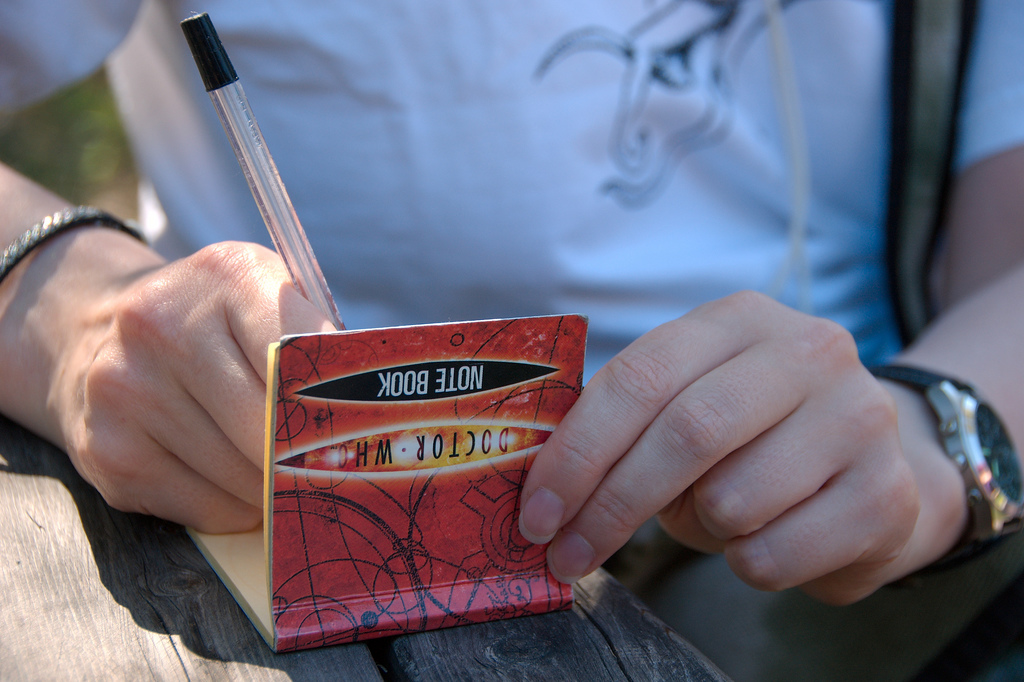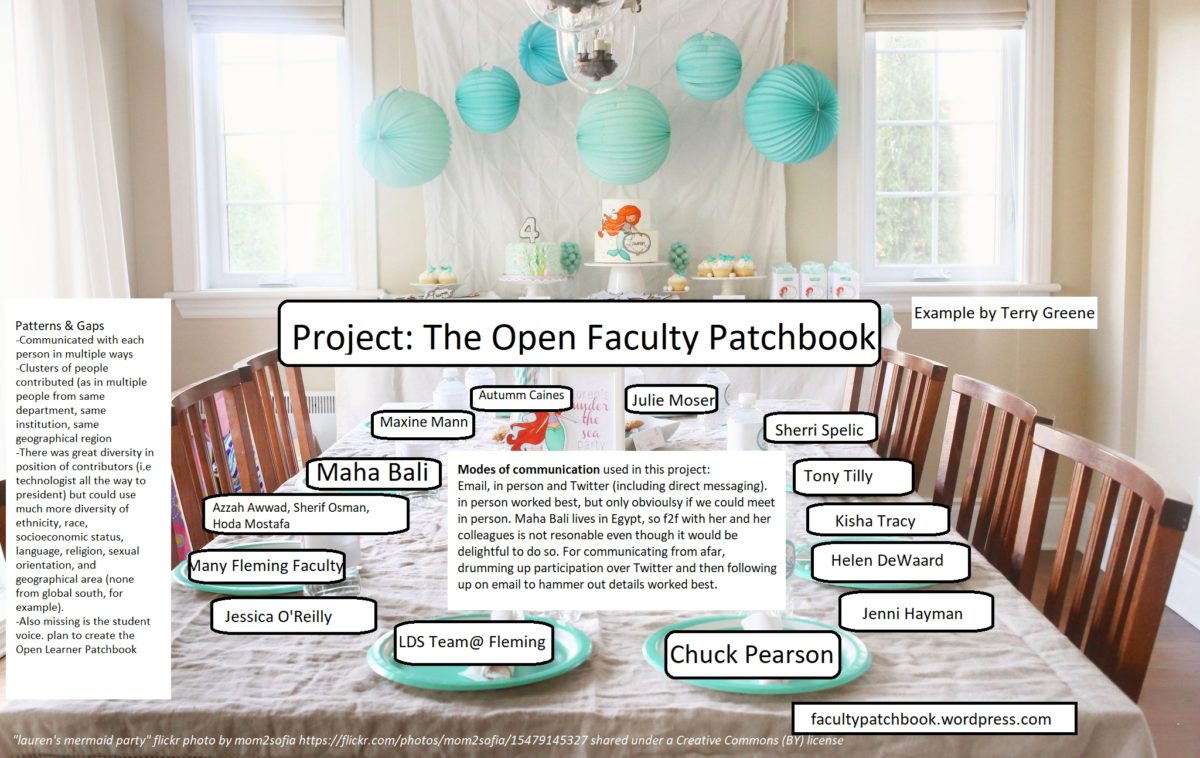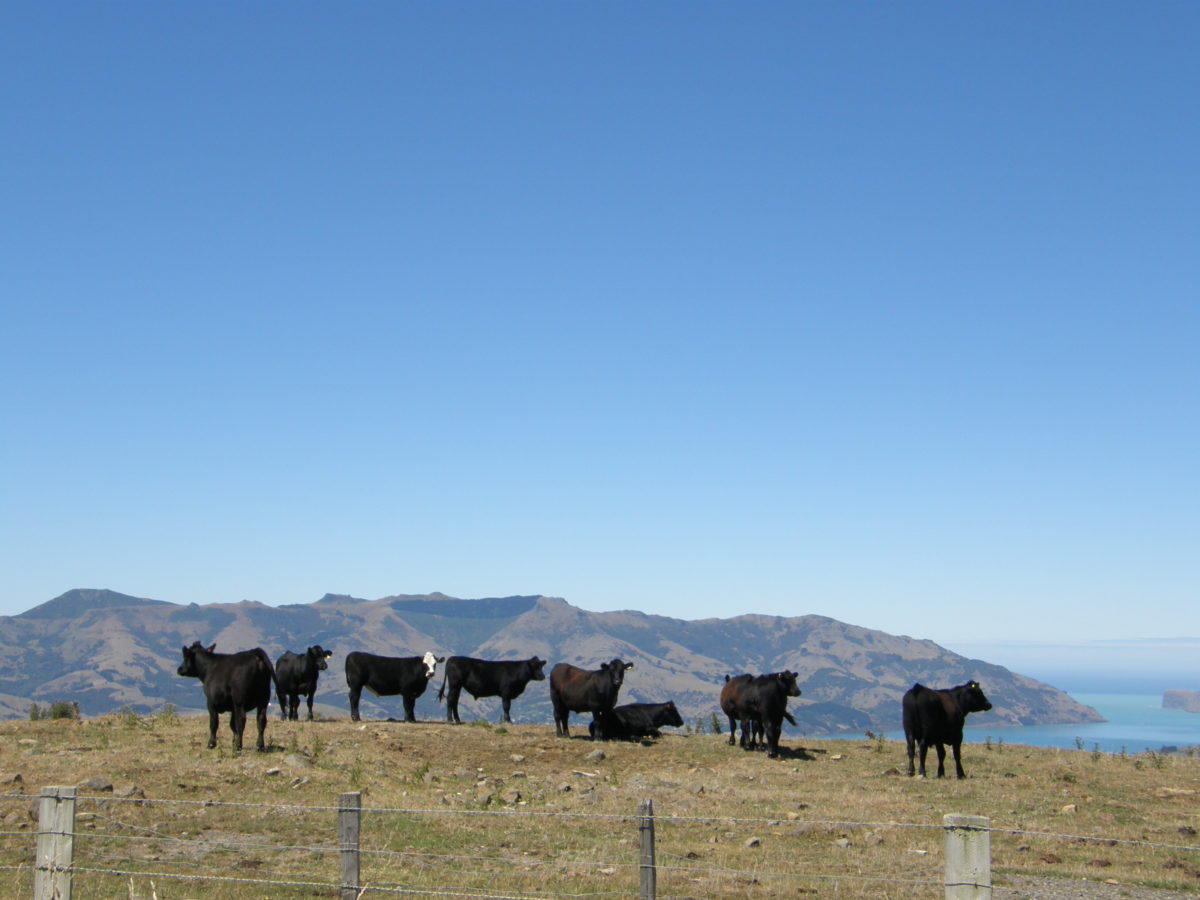I am currently in the process of collecting exemplars of the Ontario Extend module activities for an in-development activity bank. It’s looking pretty slick thanks to the Internet construction machine that is Alan Levine (aka cogdog). Stay tuned for that!
I thought it couldn’t hurt to do a couple myself. This is the last one, I swear! I did one yesterday, too.
This is my take on the Extend activity at the bottom of this page in the Teacher for Learning module. See the module itself for the ol’ how-to do it stuff.
Try watching a TED talk or conference keynote video yourself to practice your own note-taking skills using Cornell Notes.
I took this opportunity to revisit one of the most wonderful keynotes I’ve ever had the pleasure of experiencing. Thank so much to Robin DeRosa for Periscoping it so that I was able to relive this!
Gardner Campbell from the 2016 Open Education Conference in Richmond, Virginia. Gardner discusses insight and how we might be able to stop stifling it so much in higher ed. My Cornell notes are below, but ignore those and watch the periscope. I still think about it often, 15 months later. Layers upon layers!
| Date/Subject: Nov 2016, Keynote at OpenEd Conference by Gardner Campbell | |
|
Key Points -Insight -The Eureka Hunt New Yorker Article -The Insight experience -alpha, beta,gamma waves -gamma rhythm is when the insights happen -brain cells can be restructured often an insight -you have to wait for it the insight -A summary and response to the eureka hunt- -clenched state of mind -these insight killing activities even spawn industry like Course Hero Deadly Mantras of student success |
Notes
-Opens with footage of Bob Dylan in Sweden answering questions from reporters… being cagey about his answers -Gardner introduces smokejumper story. Robert Wag survived a forest fire bc of insight. The others perished because they couldn’t believe it. -insight was to start another fire before he jumped into it. it would burn out before he landed and he would be ok. it worked. others didn’t believe him so they died. -etymology of insight. synonyms of insight… all would be on the banned ‘sinister 16 verbs in your learning outcomes. don’t dare put them on there -but insights are obviously deep learning experiences -The Eureka Hunt- new yorker article -The INsight experience: concentrate, search, mental block/impasse, walk away/relax……… problem solved. what’s in the gap? gamma rhythm… “students will have made distant and unprecedented connections” neurons in the right hemisphere are less precise but better connected. maybe an apple watch could let you know when you’re having a gamma wave “you may now say OMG!” -let yourself/students prepare for an experience when they can make a connection. you have to wait for it -showed a student response to the eureka hunt. boring and uninsightful. not the students fault as it was what was asked. it was the asking that did not allow for insight. summary and response and insight maybe don’t mix. -“insight into insights” we could be getting Watson to produce this stuff algorithmically ‘flash cards on the eureka hunt’ “get the answer to YOUR response to the Eureka Hunt” Deadly Mantras of student success: students don’t do optional, define more pathways, we need to graduate more students (students graduate we don’t do that to them), our students are our products. -The Aha moment is well within the competence of the average person -will it scale? if we want it to. -The blog is where the insights occur -how about an opportunity to write without a rubric -“i don’t even know how I would put that in a rubric” “I’ve said it before and I’ll say it again, my favorite thing about blogging for school is being encouraged to take an active role in my own education.” -“I just wanted something real to happen in the room” |
| Summary
Insight, and the experiences that may lead to insight learning is amazing and addicting. Typical and traditional outcomes/activities/assessments, so lock step, may be counter- productive to and prevent actual insights |
|
See, my note taking is suspect. But in the Cornell note-taking style, it’s easier to find out that you should take your own, better notes!
OH and if YOU would like to add an exemplar of your own to any of the Ontario Extend module activities, even if it’s something you’ve already done, please let me know by commenting below!
image: “… is taking notes” flickr photo by Jon Åslund https://flickr.com/photos/jooon/2712042772 shared under a Creative Commons (BY) license



